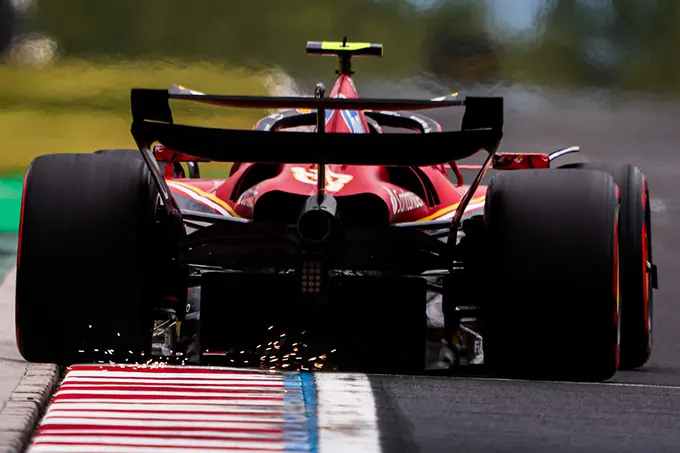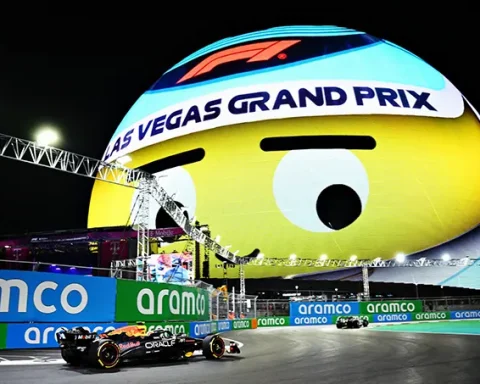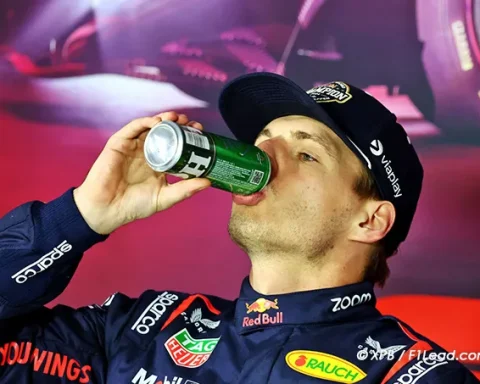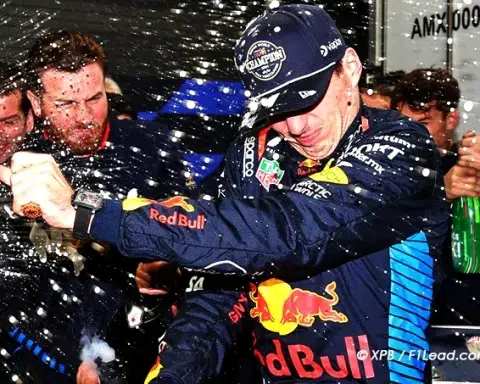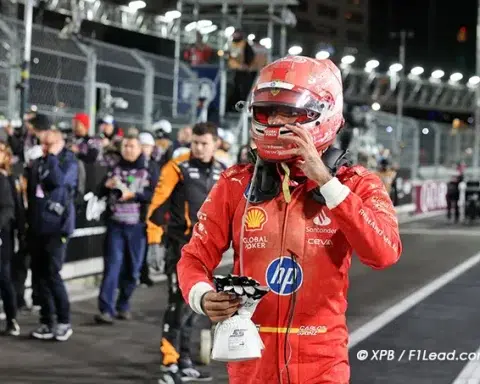By 2026, F1’s fuel suppliers will become pivotal in shaping team performance, highlighting Ferrari’s strategic move.
By 2026, discussions surrounding fuel suppliers in Formula 1 will intensify significantly compared to today. With each new engine regulation cycle, the role of team suppliers becomes an increasingly crucial factor in performance.
For instance, in 2026, Aramco will step in as the fuel provider for Aston Martin F1. This is the same Aramco that has played a key role in developing the new standardized fuel for 2026, which is 100% renewable.
In the paddock, Petronas supplies Mercedes, while Shell continues its longstanding partnership with Ferrari. It has also been recently revealed that BP and Castrol will be the fuel suppliers for Audi in 2026.
Even today, in an era where pole positions can hinge on hundredths of a second, the efficiency of the fuel and its compatibility with the power unit becomes ever more decisive.
Carlos Sainz, having raced for Ferrari, has observed this significance firsthand.
He provides a perhaps all-too-rare glimpse into the backstage world of F1 fuel suppliers.
“In F1 today, it’s increasingly clear—every detail matters, every tenth of a second counts—and that applies to Shell too. Shell consistently delivers maximum support at the track with its circuit laboratory, at every Grand Prix.”
“At each race, two or three Shell engineers collect oil and fuel samples after each run on the track.”
“For example, in FP1, if we do four stints, they will take a sample after each to analyze, refine, and relay the findings to the engineers.”
“This close collaboration, this robust partnership can shave time off a lap, and you could say it has been beneficial during the four years I’ve been here at Ferrari.”
This Shell laboratory is located very close to the Ferrari garage on Grand Prix weekends. It becomes particularly indispensable at circuits where the power unit is critical: at Monza, of course, but also at high altitudes or in sweltering race conditions.
Carlos Sainz continues…
“The extent to which they work on the fuel and oil we use on track, the level of detail they apply in their efforts to maximise performance across every circuit and under different conditions, is quite extraordinary.”
“In Formula 1, the variety of conditions—from the heat of Miami to the altitudes of Austria, Mexico, and São Paulo—demands a great deal of understanding and experience.”
“That’s why the 70 years of joint experience between Shell and Ferrari are so crucial. It’s clear they have been collaborating effectively for a long time.”
However, Carlos Sainz acknowledges that year on year, drivers are providing increasingly less feedback on specific fuels. This dynamic is likely to change in 2026!
“As a driver, you share your feedback after each session about how the engine feels, the handling, any issues you might encounter… Of course, the engineers are taking notes.”
“These days, everything seems to flow smoothly. We’re involved in so many races that it’s quite rare for us to have specific feedback to provide.”
“Having those two or three Shell engineers at each circuit, along with their laboratory, certainly makes things simpler.”
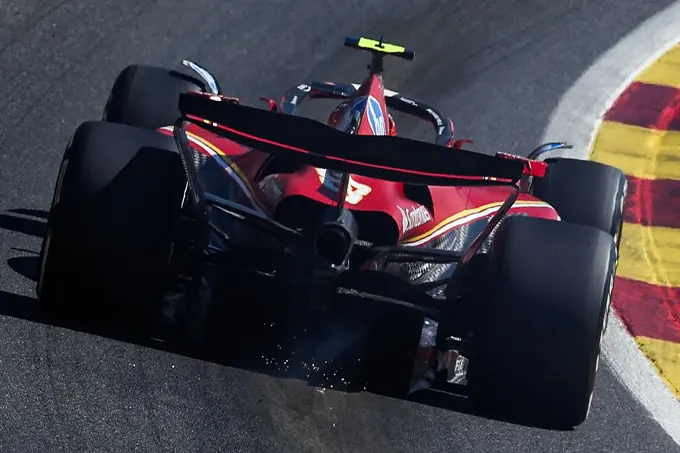
- You may also like>Jak Crawford Fights His Way to Reserve Driver Role at Aston Martin F1
- Following us on>Facebook and>Twitter
2026 to Spotlight F1’s Fuel Suppliers Amid New Rules 2026 to Spotlight F1’s Fuel Suppliers Amid New Rules
